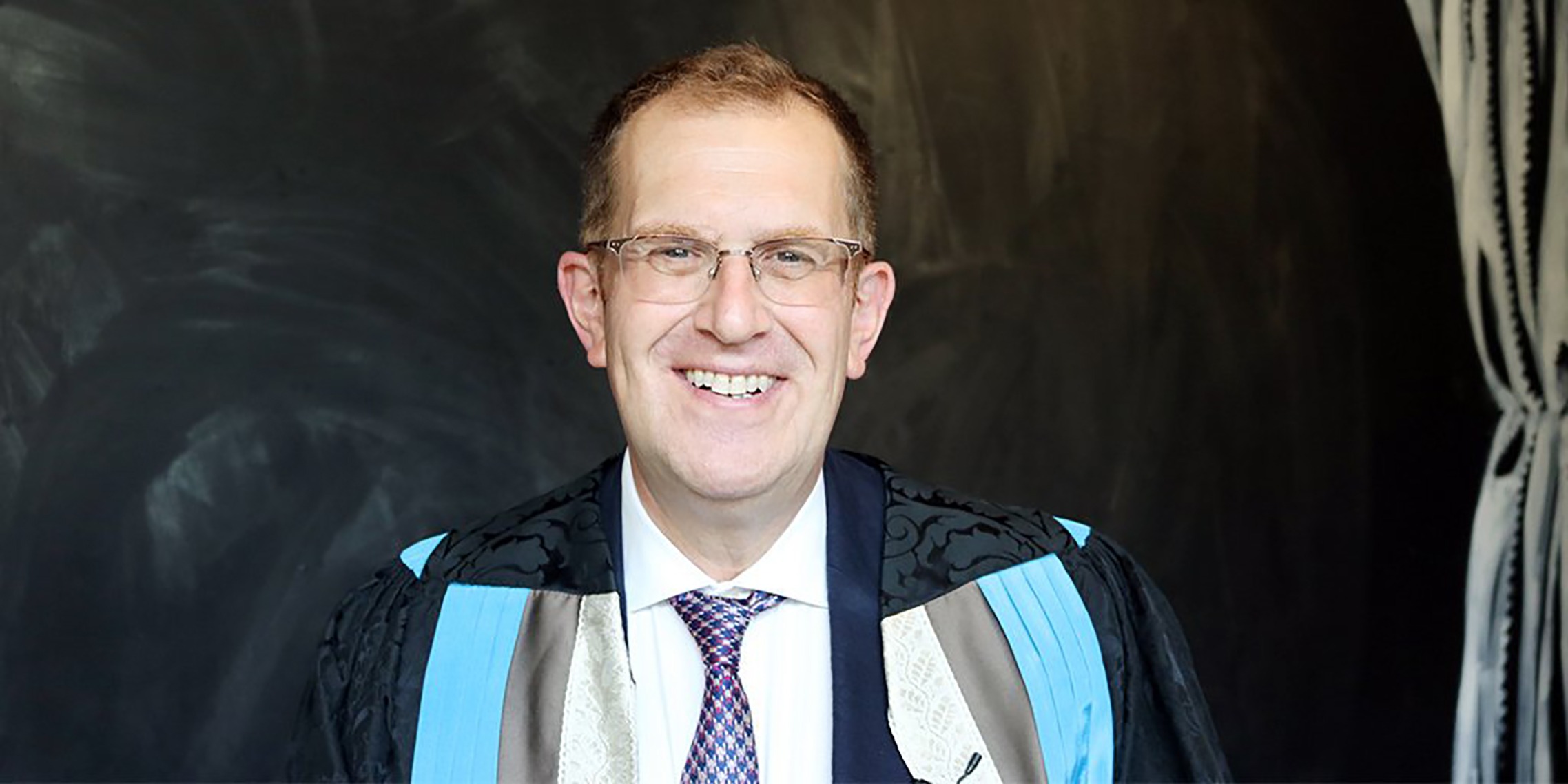Kingston University’s Vice Chancellor Steven Spier spent over £8,800 on expenses in the last academic year, according to a freedom of information request.
This includes the cost of taxi hire, food and refreshments, accommodation and rail travel.
He spent over £2,000 on taxi fares, including £120 in one day. Over £3,000 was spent on hospitality.
Hospitality included food, drink but separate figures were also given for snacks, meals and refreshments totalling over £900.
There was a further £680 spent on accommodation and hotel expenses, £770 for international air travel expenses and £470 for rail travel, between September 2023 and September 2024.
In addition to expenses in 2022/23, the vice chancellor was paid a salary of over £300,000.
The university’s remuneration committee decides the Vice Chancellor’s pay and sets objectives for him, against which his pay level is judged.
In the strategic review and financial statement for2022/23, Kingston University had a stated income of £229.5 million – 76% of this came from tuition fees and education contracts.
KU had a total expenditure of £231.4m in the same year and 55% of the cost was staff salaries.
To qualify for expenses, they must be incurred on the employers’ behalf by the employee in performance of duties before being reimbursed.
These figures cover the period between September 2023 and September 2024 and include dates not included in the academic teaching period in the summer months.
A Kingston University spokesperson said: The University’s expenses policy sets out guidance relating to a range of expenses that could be incurred by members of staff during the course of their duties. Staff members may claim expenses for approved costs accrued when carrying out business deemed necessary by the University.
“As the University’s most senior leader, the Vice-Chancellor participates in a range of important engagements each year to enhance its academic standing and the impact of the teaching and research it undertakes. These include attendance at a number of top level meetings with senior parliamentarians, policy makers and other key stakeholders.
“These commitments and the Vice-Chancellor’s regular involvement in a range of other high profile external activities and events, including business and policy roundtables, panel sessions and conferences, can require him to undertake additional travel on behalf of the University. Types of transport are selected to enable the Vice-Chancellor to work as effectively as possible, particularly in instances in which he is required to participate in multiple engagements across different locations within short spaces of time.
“Expenses are payable only when the Vice-Chancellor is away from the University on official business.”

